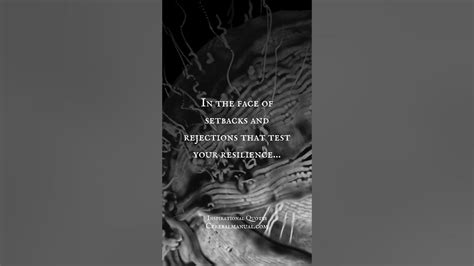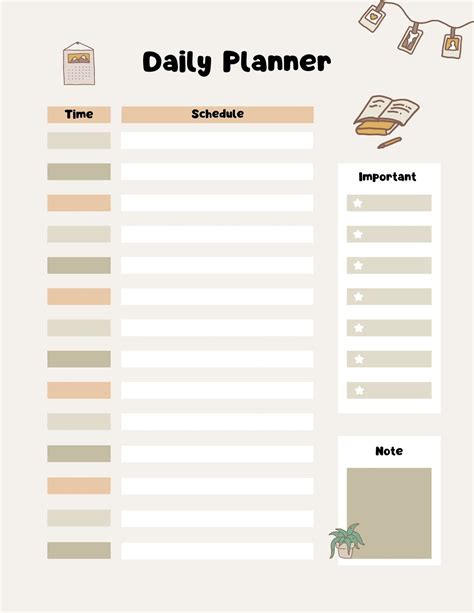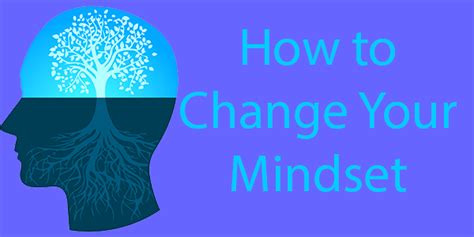When life throws a curveball, be it a professional stumble, a personal relationship challenge, or a missed opportunity, the immediate aftermath can trigger a range of internal responses. For many men, there’s a distinct and often predictable default mindset adjustment that kicks in almost instantaneously. This isn’t necessarily about outright denial or explosive anger, but rather a more nuanced and deeply ingrained internal process shaped by a complex interplay of personal wiring, societal expectations, and learned coping mechanisms.
The Immediate Internalization of Responsibility
One of the most common initial responses is a profound sense of internalization. Rather than immediately seeking external causes or sharing the burden, many men default to seeing the setback as a direct reflection of their own capabilities, efforts, or worth. This isn’t always about blame in a punitive sense, but more about a deeply ingrained feeling of “I should have done better” or “This is my fault.” It’s a quick shift towards self-assessment, often leading to intense self-scrutiny and an immediate sense of personal responsibility, even when external factors play a significant role. This internal dialogue can be isolating, as the perceived burden rests solely on their shoulders.

The Drive for Self-Reliance and Problem-Solving
Following closely on the heels of internalization is a powerful urge towards self-reliance and immediate problem-solving. Emotions like disappointment, frustration, or sadness are often quickly compartmentalized or suppressed in favor of a practical, action-oriented mindset. The focus shifts rapidly from “how do I feel about this?” to “what needs to be done to fix this?” This isn’t to say emotions aren’t present, but they are frequently pushed aside in favor of a rational, analytical approach. The default is to independently strategize, analyze the situation, and develop a plan of action, often without immediate input or emotional support from others.

Suppressing Vulnerability: The Silent Struggle
A significant component of this default response is the reluctance to express vulnerability or openly seek help. Traditional masculine norms often discourage the overt display of “weak” emotions, leading men to internalize their struggles. Admitting failure or needing assistance can be perceived as a blow to their self-image or a sign of inadequacy. Consequently, the emotional fallout of a setback is frequently processed internally, leading to a “silent struggle.” This suppression can manifest as stoicism, a heightened focus on maintaining composure, or even a retreat from social interaction, as they grapple with the situation on their own terms.

This stoic front can be both a strength and a weakness. While it allows for focused, unencumbered action, it can also prevent men from accessing the emotional processing and external support vital for true resilience and well-being. The pressure to “be strong” or “handle it” alone can lead to increased stress, anxiety, and a feeling of isolation.

The Role of Societal Expectations and Masculinity
These immediate responses are not simply innate but are heavily influenced by societal expectations surrounding masculinity. From a young age, many men are subtly, or overtly, taught to be providers, protectors, and problem-solvers. Failure can be perceived as a direct threat to these roles. The narrative often dictates that men should be self-sufficient, emotionally robust, and capable of overcoming obstacles independently. This cultural script reinforces the default to internalization, self-reliance, and emotional suppression, making it a challenging cycle to break. Understanding this societal context is crucial to comprehending why these mindsets are so common.
In conclusion, when confronted with personal setbacks or failures, many men commonly default to an immediate internal response characterized by taking on sole responsibility, swiftly pivoting to self-reliant problem-solving, and a tendency to suppress vulnerable emotions. While these mechanisms can facilitate action, they often come at the cost of emotional processing and seeking necessary support. Recognizing this default is the first step towards fostering healthier, more adaptive responses that embrace vulnerability as a source of strength, not a weakness.





